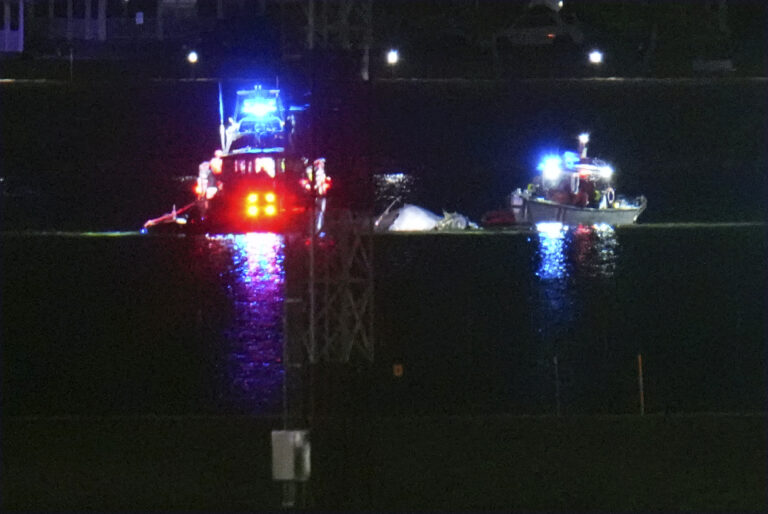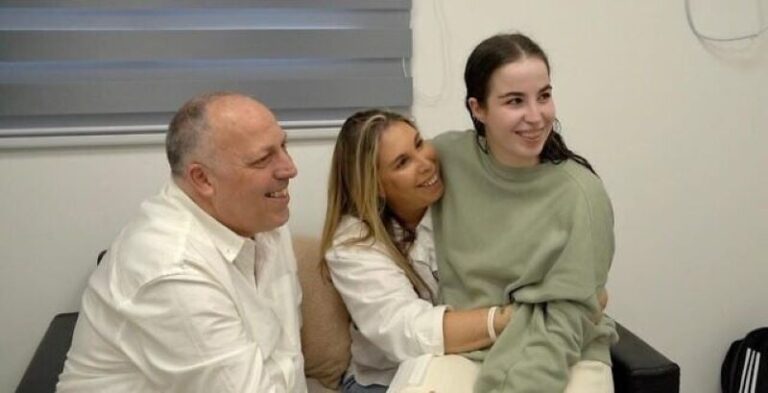 As France’s polls closed in the first round of presidential voting on Sunday, Marine Le Pen and Emmanuel Macron were projected by multiple news agencies to advance to a May 7 runoff.
As France’s polls closed in the first round of presidential voting on Sunday, Marine Le Pen and Emmanuel Macron were projected by multiple news agencies to advance to a May 7 runoff.
The projections, based on vote totals in certain constituencies that were then extrapolated nationwide, were reported by The Associated Press, Reuters and AFP.
The likely Le Pen-Macron matchup was announced almost immediately after polls closed at 8 p.m. local time. But even before the first results were announced, Le Pen’s fans were so sure of her victory they began singing “La Marseillaise” at one of her headquarters.
The May 7 runoff now places the controversial, right-wing nationalist Le Pen against the centrist, Pro-European Union Macron. Le Pen’s entry into the second round of voting was being watched closely around the globe and is seen as another victory for a populist movement that has recently claimed wins in Britain’s so-called “Brexit” referendum and the election of President Trump in the United States.
Multiple politicians immediately endorsed Macron in the second round of voting, including embattled conservative candidate Francois Fillon, who conceded shortly after polls closed. Prime Minister Bernard Cazeneuve also called for the country to mobilize around Macron and beat Le Pen.
Security around the more than 60,000 polling stations was tightened up in wake of the deadly shooting on the Champs-Elysses on Thursday, which left one police officer and a gunman dead. The government mobilized more than 50,000 police and gendarmes to protect the polling places and an additional 7,000 soldiers were on patrol.
It is the first time in recent memory that a presidential election, in which 47 million people are eligible to vote, taking place during a state of emergency, which was put in place after the Paris attacks of November 2015.
France’s Interior Ministry said voter turnout by late afternoon was 69.4 percent — slightly lower than in 2012, when turnout was high. There was a marked surge in turnout in the Paris region.
France’s 10 percent unemployment, its lackluster economy and security issues topped concerns for the 47 million eligible voters.
(AP)










